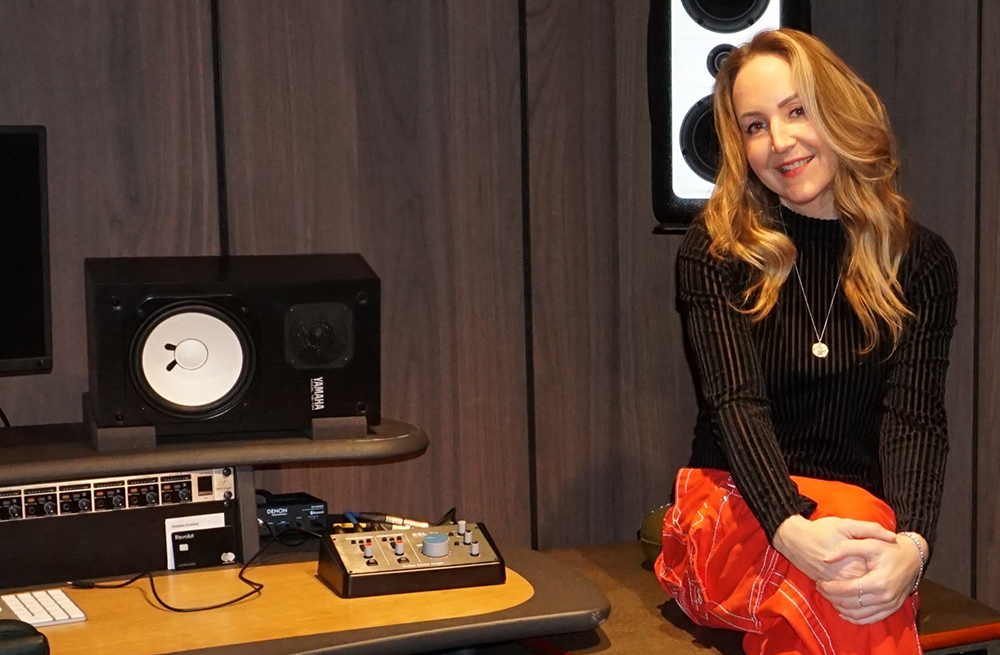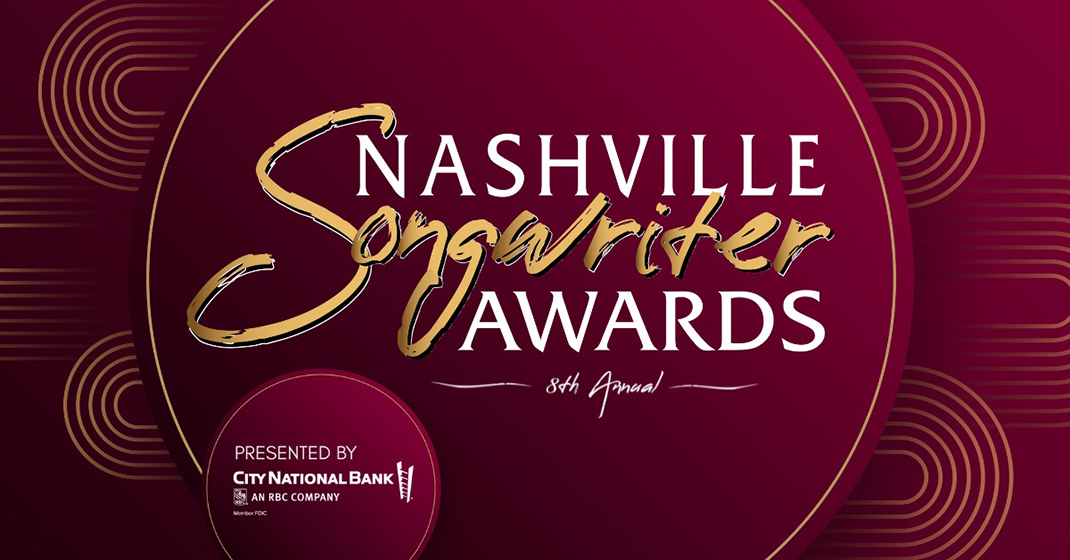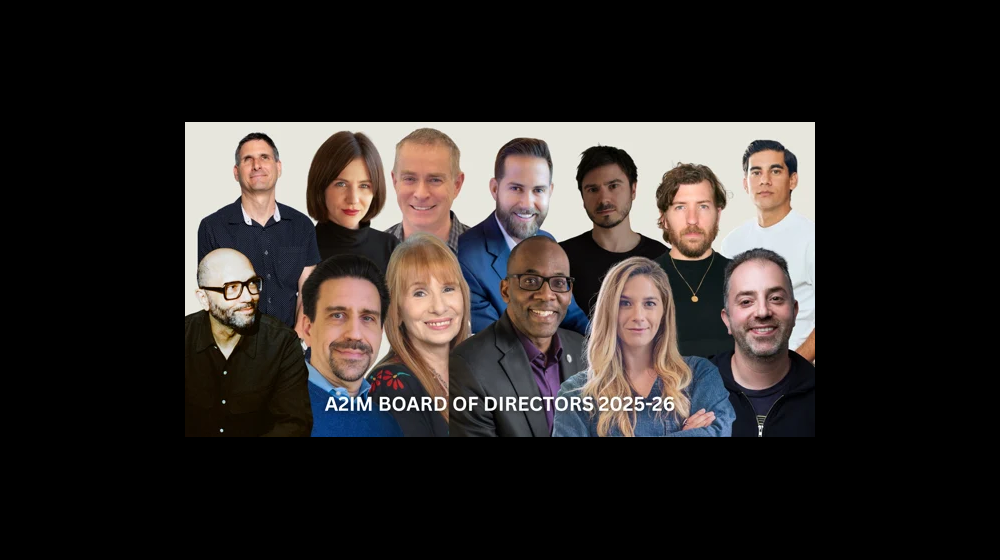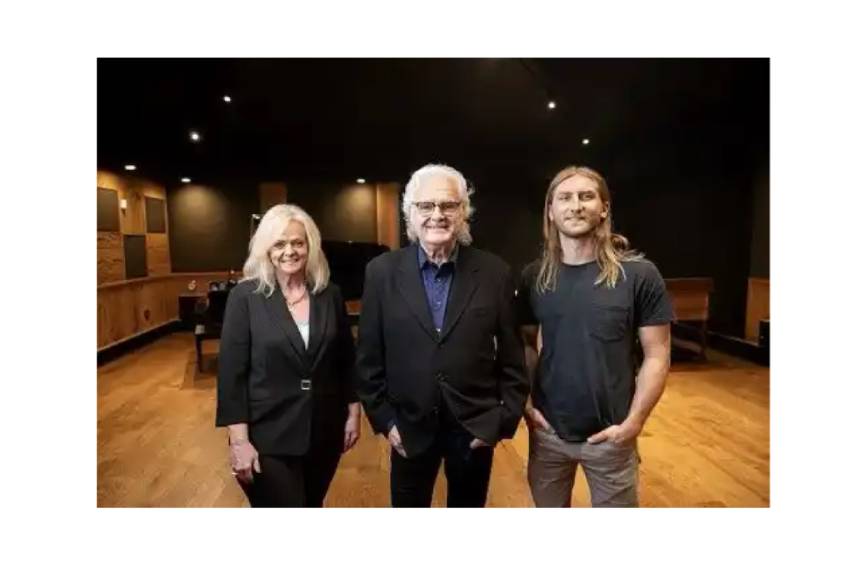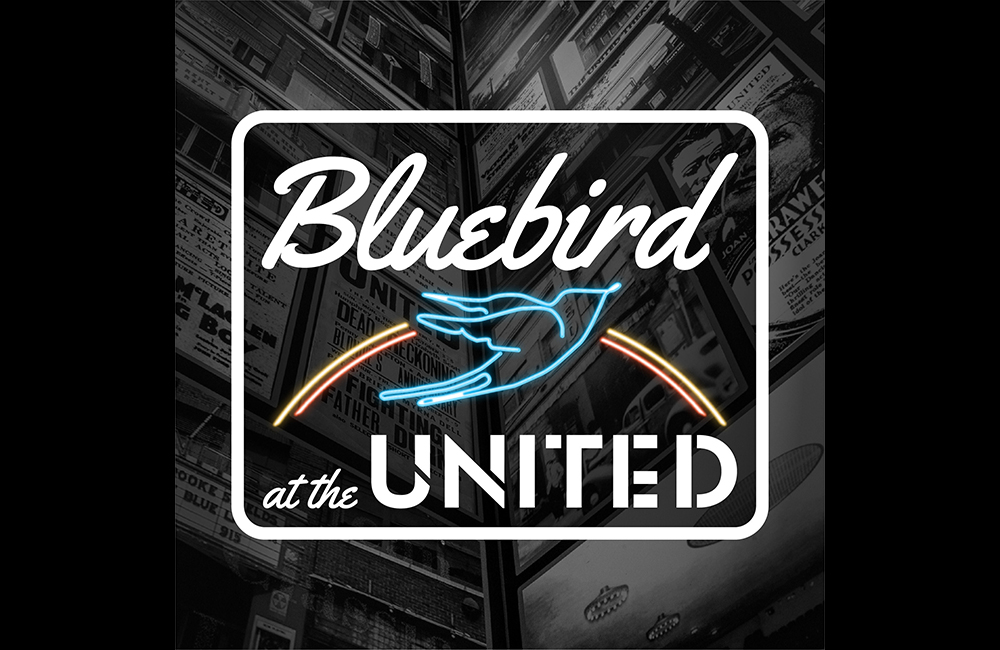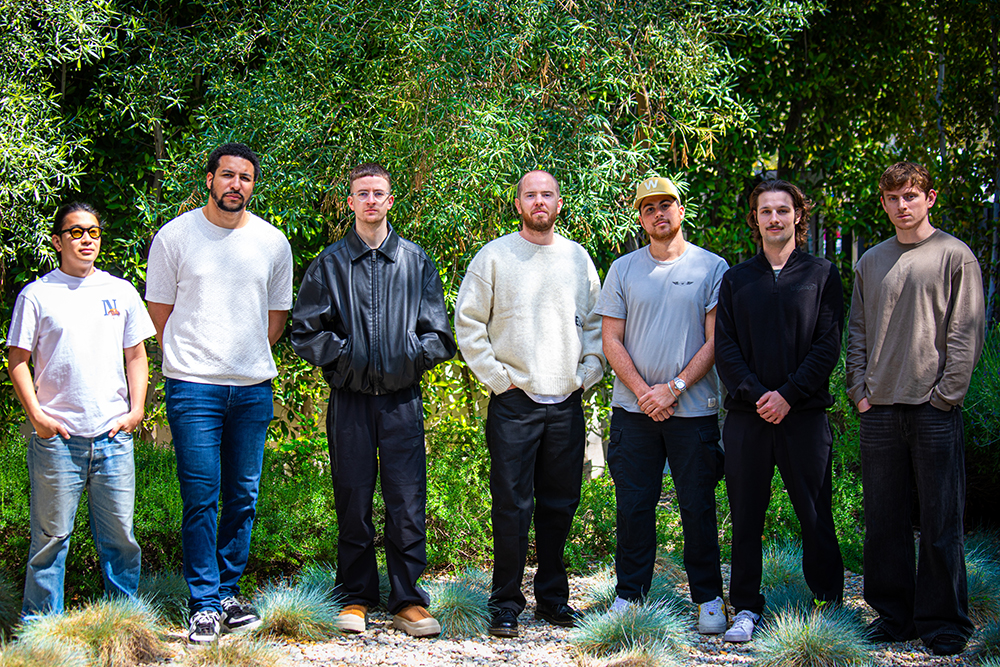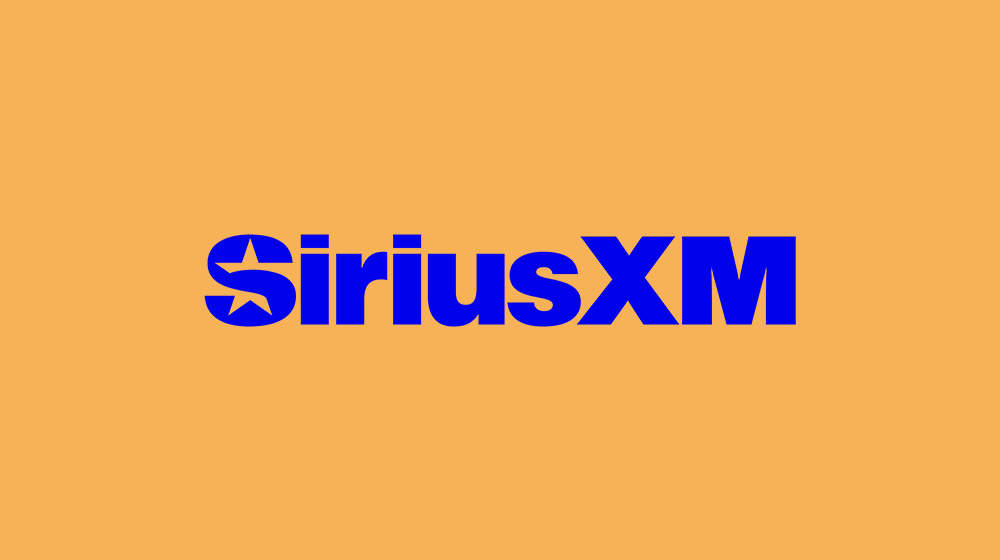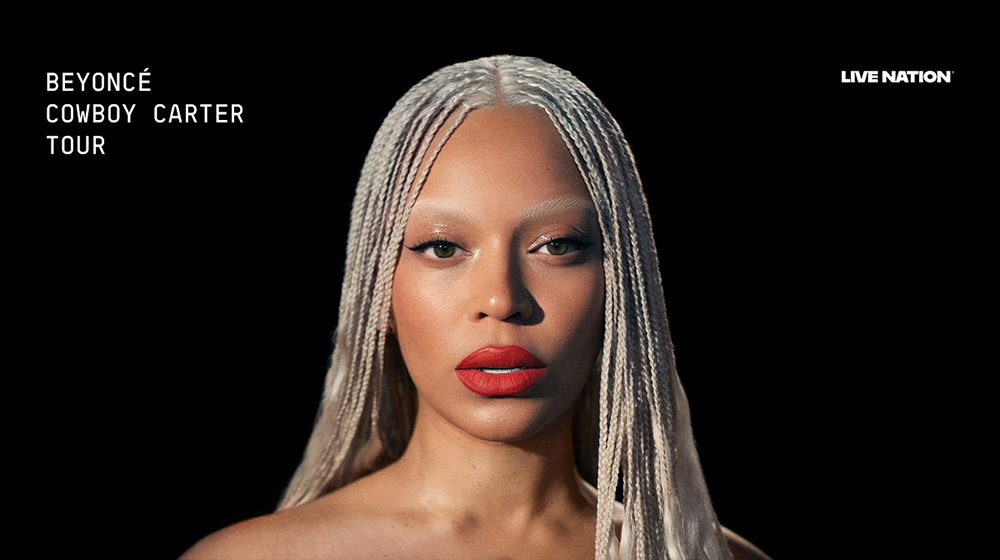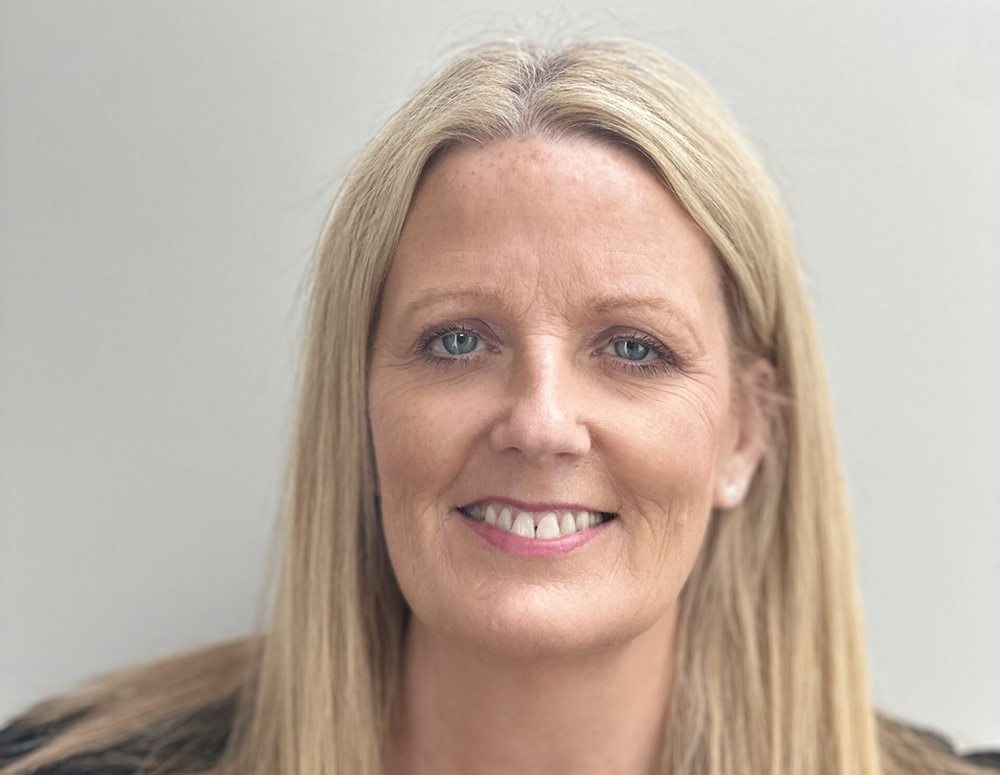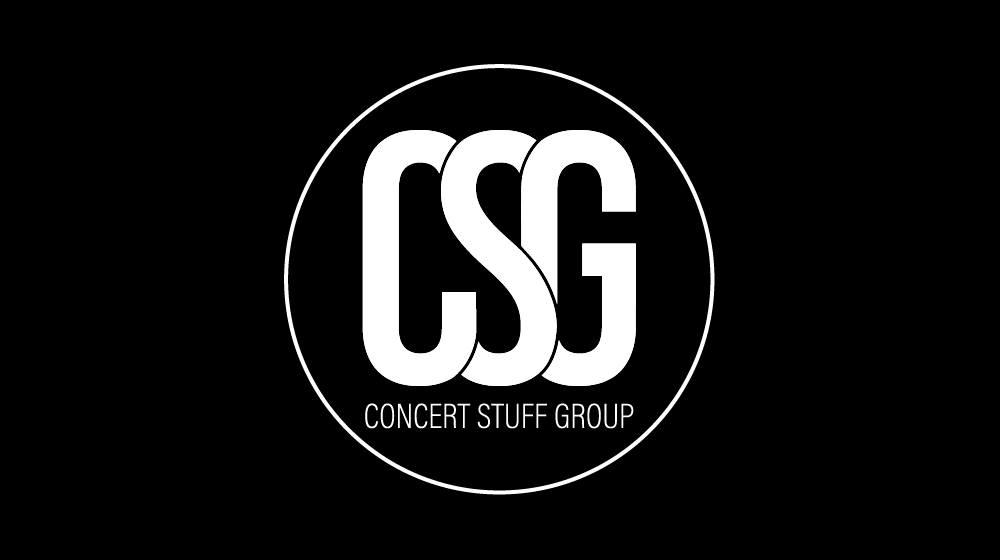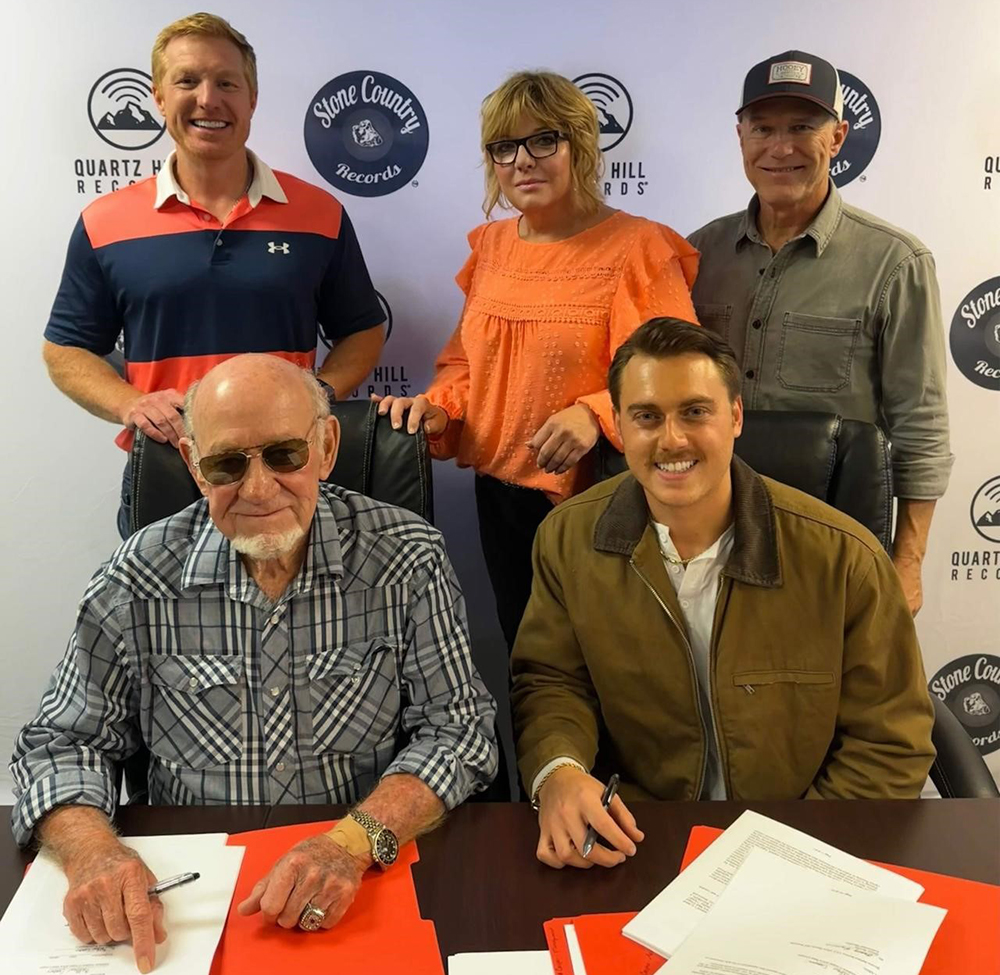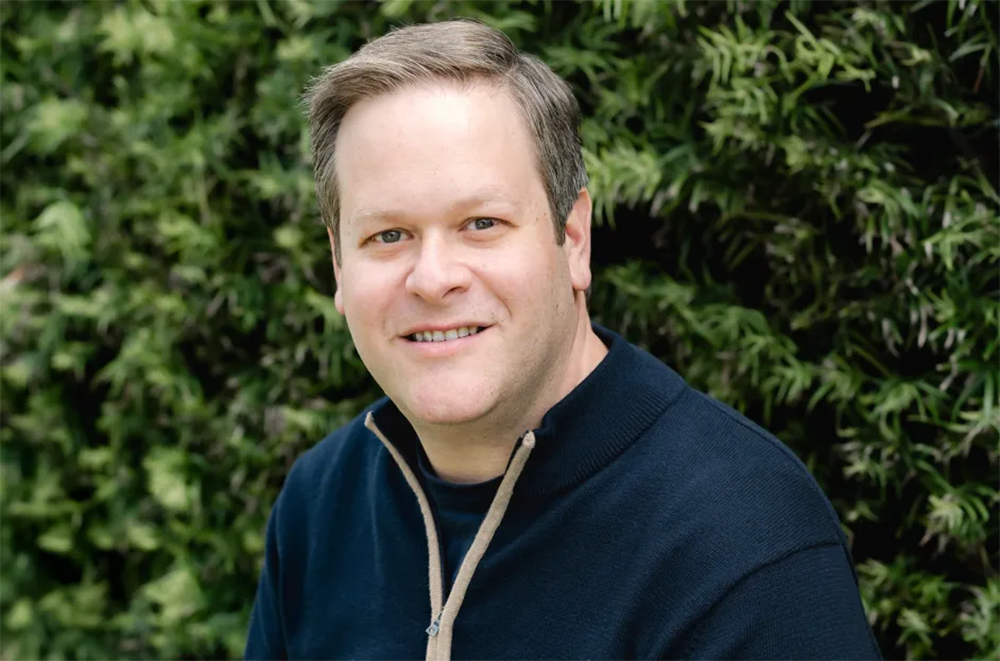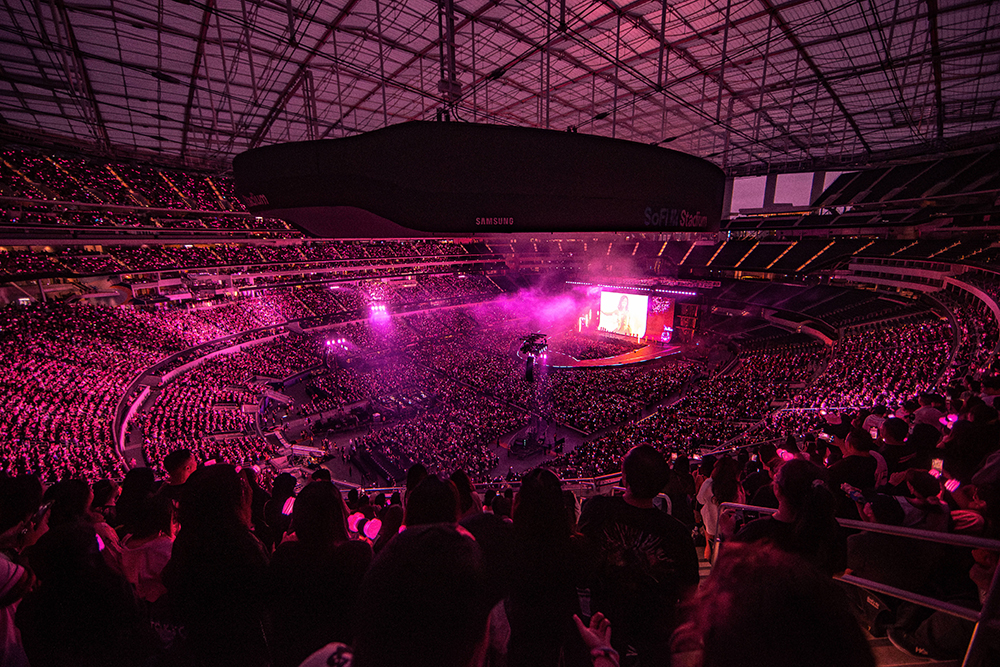
(CelebrityAccess News Service) — According to The NPD Group, music downloading via peer-to-peer (P2P) services began to increase in October 2003 and remained up in November 2003. "The music industry was heartened to see that their campaign to reduce or eliminate file sharing on P2P networks appeared to be working," said Russ Crupnick, vice president of The NPD Group. "Recent information from complementary data services at NPD, however, noted an increase in the number of households and individual consumers using P2P services to download digital music files."
NPD's MusicWatch Digital service, which monitors household usage of P2P services directly from panelists' PCs, reports that the number of households downloading digital music files was up 14 percent in November 2003 compared with September. This up-turn comes after six straight months of declines in digital file acquisition, since April 2003 when the Recording Industry Association of America (RIAA) began a well-publicized campaign threatening individual file sharers with legal action and fines.
Consumer-reported information gleaned from NPD's ongoing MusicLab survey confirmed the upward trend noted by MusicWatch Digital. MusicLab reported that 20 million individuals said they downloaded music from P2P services in May 2003, 18 million in July and 11 million in September. Echoing NPD's MusicWatch Digital data, beginning in November the number of individual file-sharers grew to 12 million. Although the difference of one million appears small, NPD reports that this is a statistically significant increase based on the size of the NPDMusicLab survey sample.
According to Crupnick there are several reasons that might underlie this recent increase in file sharing:
1. Recent enforcement of copyright management has received less coverage of the issue by major consumer media, relative to the activities leading up to the September subpoenas.
2. Fourth Quarter represents the high season for music — approximately one fifth of sales occur in November and December. The seasonality of physical music purchasing may have a halo effect on illegal music acquisition as consumers download tracks from new releases or make compilations from the flood of new music released in 4th quarter of 2003.
3. Students have more leisure time during November holidays, and possibly more time to download and share music.
4. Beginning in late October, several high-profile legal music downloading services were launched. There may have been some legal-to-P2P site crossover, as consumers explored legal digital music but drifted into the P2P realm to compare song file availability.
"It's important to keep in mind that file sharing is occurring less frequently than before the RIAA began its legal efforts to stem the tide of P2P file sharing," Crupnick said. "We're just seeing the first increase in these numbers. NPD will continue to monitor whether it's a temporary seasonal blip, or a trend that suggests that the industry should be more aggressive in capping the use of illegal methods to acquire digital music." –Jane Cohen and Bob Grossweiner



















